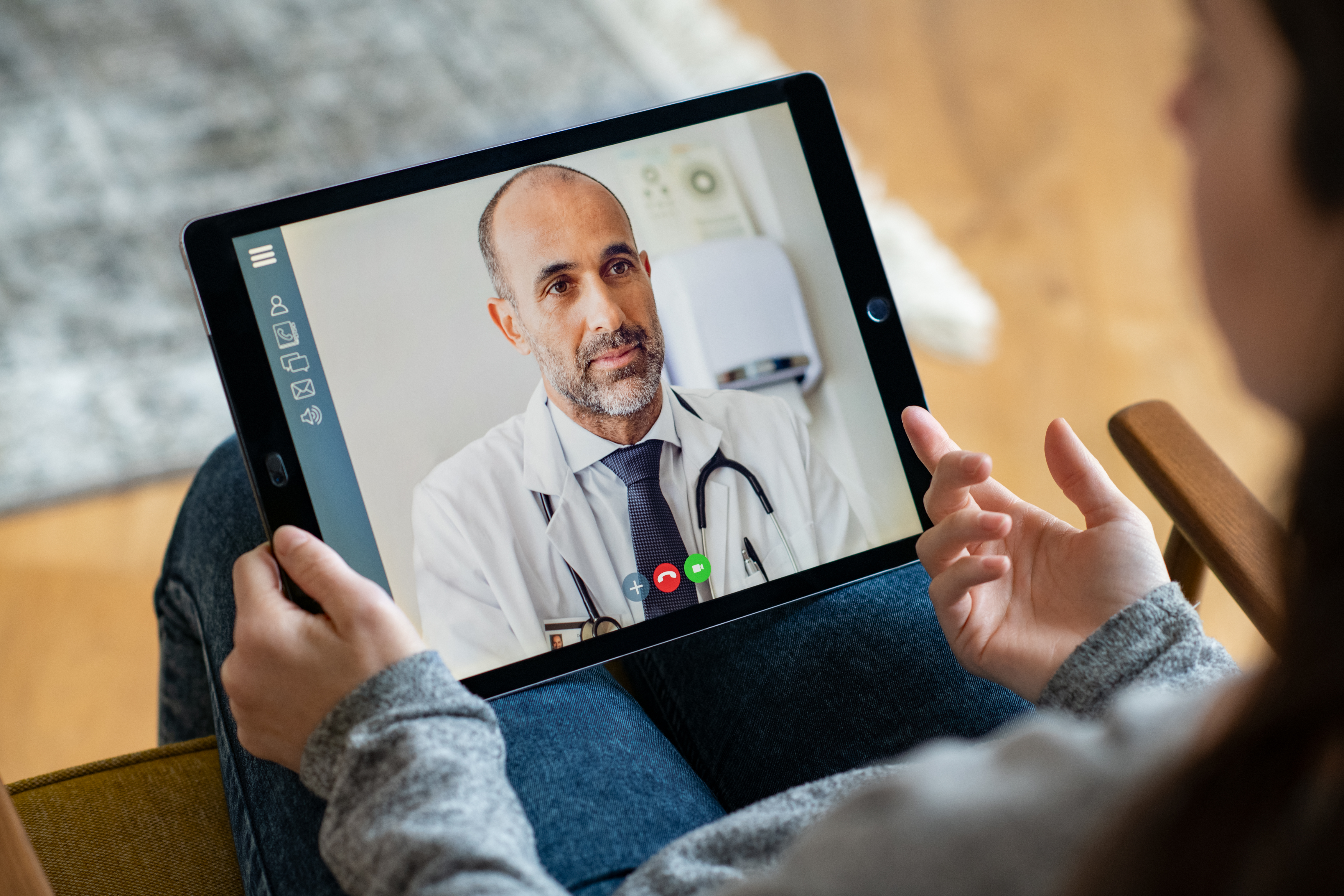How South American Health Care Practices Continue to Work Safely During COVID-19
More than two million COVID-19 cases have been recorded and more than 100,000 people have died in Latin America according to the European Centre for Disease Control and Prevention. When it comes to healthcare, workers continue to man the front lines and do their best to serve their patients.
When COVID-19 first struck, Purview sprang into action. We offered one of our products, software for remote diagnostic image viewing, free of charge for healthcare workers around the globe. But healthcare goes beyond traditional doctors and patients, and for Purview this also includes forensics and veterinarians.
In Latin America, two of the organizations that adopted Purview Image during the pandemic were Abanimal Imágenes Diagnósticas in Bogatá, Columbia and Instituto de Radiología in São Paulo, Brazil.






